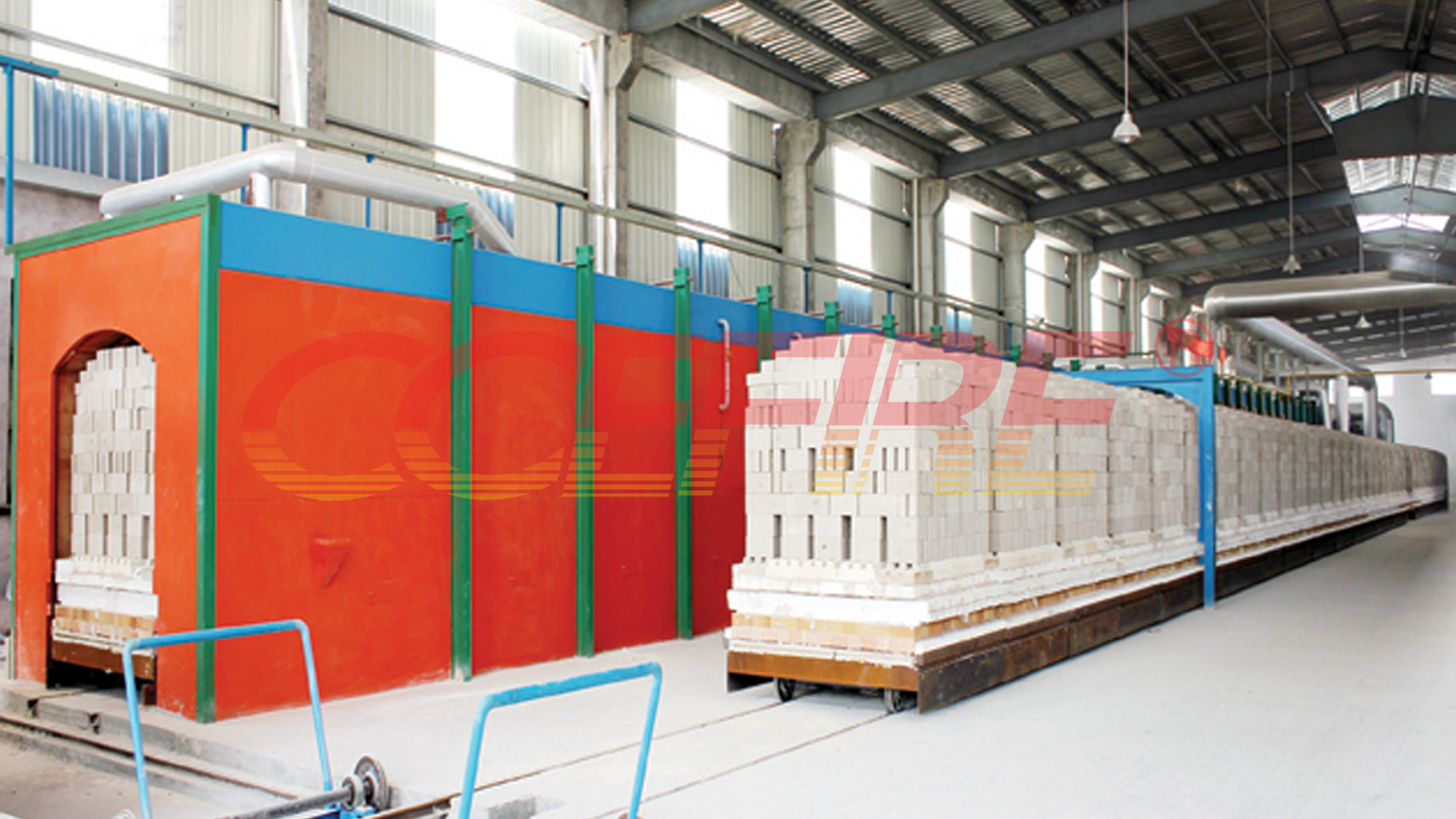Industrial Furnace Insulation and Energy-Saving Solutions – CCEFIRE® DJM Series Insulating Fire Bricks
- 20 Dec, 2024
- Company

CCEFIRE® DJM series insulating fire bricks are advanced refractory materials designed for direct flame contact in high-temperature industrial applications.
Combining lightweight, low thermal conductivity, and high refractoriness, these insulating bricks significantly enhance furnace efficiency and operational performance. They are particularly suitable for use in cracking furnaces, hot blast stoves, ceramic roller kilns, porcelain kilns, as well as lining materials for glass crucibles and various electric furnaces. With a wide temperature range from 1260°C to 1760°C, they are the ideal choice for improving furnace efficiency and extending service life.
Key Advantages of CCEFIRE® DJM Series Insulating Fire Bricks:
- Low Thermal Conductivity: Exceptional insulation performance supports thin-wall designs, reducing structural weight.
- Low Heat Capacity: Minimizes heat loss during intermittent high-temperature operations, significantly saving energy.
- Low Impurity Content: Extremely low levels of iron and alkali metals provide excellent refractory performance and stability.
- High Hot Compressive Strength: Maintains structural stability without deformation under high-temperature conditions.
- Precise Dimensional Design: Accelerates construction speed, ensures thin and uniform joints, and enhances overall structural strength and stability.
- Customizable Shapes: Reduces the number of blocks and joints required, simplifying the installation process.
In addition to standard sizes, CCEFIRE® lightweight insulating fire bricks can be customized to specific dimensions or shapes based on client requirements. Options include drilling, grooving, tapering, and arc-shaped cutting, enabling them to meet complex construction needs with precision. These bricks are easily adaptable to different furnace types, ensuring high accuracy and strength in construction.



